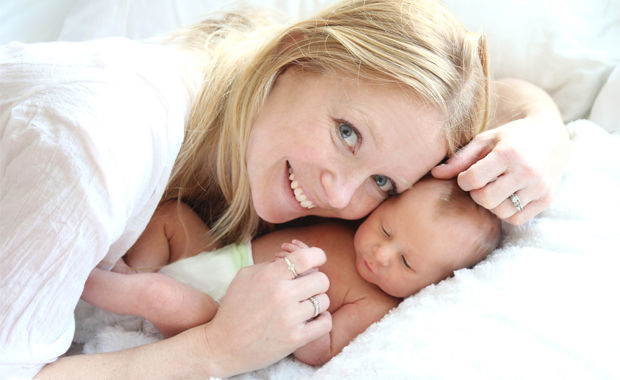Age And Fertility: Understand Your Options
Healthy Aging Mediaplanet sat down with Dr. Gandhi, a leading fertility expert, who answered the most common questions that women are asking today.

Mediaplanet Does my age affect my fertility?
Dr. Shruti Gandhi Yes, age is considered a factor in fertility; it is well established that fertility rates and success decline as a woman’s age increases. A female baby is born with one to two million immature eggs, or follicles, in her ovaries. By the time she reaches puberty, that figure decreases to only about 300,000–400,000 follicles. During each menstrual cycle, follicles are lost, and only one will mature into an egg released into the fallopian tube, which will result in ovulation. Optimal fertility with an adequate number of good-quality oocytes is considered to occur between 20 and 35 years of age. After the age of 35, it is established that the number and quality of eggs decline. This decline occurs rapidly once the female is over the age of 42 or 43. At approximately 50 years of age, the ovarian reserve is very low to nil until menopause.
MP Why does fertility decline so rapidly as you get older?
SG The most important irreversible factor of infertility in a female is age. As explained before, the ovarian reserve and quality of eggs both decline with age. The incidence of other diseases, such as diabetes, high blood pressure, hypothyroidism, and obesity also increase with age, which can affect fertility. Women with careers and other commitments may also be prone to high-stress environments, which can impact fertility adversely. With an increase in age, stress, time, and commitments, a woman’s lifestyle may become unhealthy — resulting in poor dietary habits or no regular exercise, which also could impact fertility.
"If any woman in this age group has questions or concerns about her fertility, I recommend that she should find out what her ovarian reserve is by doing a simple blood test."
MP What will help me get pregnant in my 30s and 40s?
SG If any woman in this age group has questions or concerns about her fertility, I recommend that she should find out what her ovarian reserve is by doing a simple blood test. This blood test, called the Anti-Müllerian hormone test, can be done at any time in her cycle. If she is 30 years old, without any other medical problems, and the results of the test are good, she may not have much cause for concern. One option at this stage is to freeze her healthy oocytes until she is ready to start a family. Another option, if she is in a stable relationship and is certain that she would like to have a baby with her partner, is to freeze their embryos after going through in vitro fertilization (IVF), until the couple is ready to have a baby. If she is in her late 30s or early 40s, and has a low ovarian reserve with poor-quality eggs, one option would be to try the new AUGMENT treatment with IVF to improve the mitochondria of her eggs, which may result in a higher rate of success. Another option, if her ovarian reserve is very low, is to consider IVF with a donor egg. This option may have a higher success rate in older females.
MP What about the father’s age?
SG This is also a very important factor to consider in fertility. Men over the age of 40 may have a greater incidence of medical problems such as diabetes, blood pressure, and erectile dysfunction. Sperm quality may decline, even though the count (volume) of sperm may be normal. Abnormal sperm cannot fertilize eggs so as to result in a genetically normal embryo. This may lead to unsuccessful treatment and a higher miscarriage rate.

